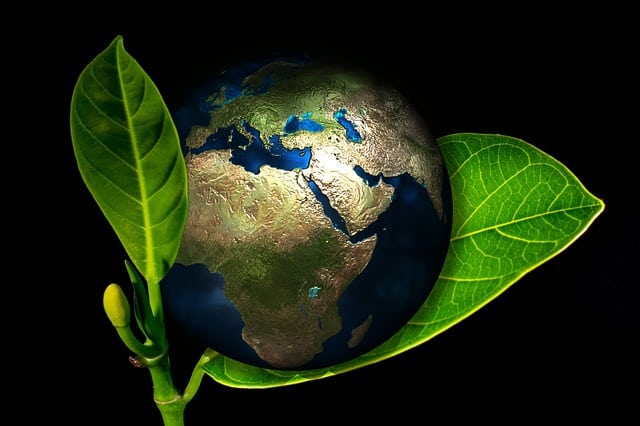Several countries in Latin America are celebrating their 200th anniversary of independence. In addition to the 245-year-old United States, in Latin America, Haiti is the oldest independent country in the region, celebrating its 217 years. Brazil is preparing for its bicentennial next year. In this first week of September, we witnessed demonstrations by thousands of people in Brazil taking to the streets in favor of and against their government with constitutional demands or not even as much. Chile, with its 203 years of independence, is redrafting its constitution; Peru, with its 200 years of independence, is also proposing to make significant changes. Across the ocean, Poland wants to overhaul its judiciary system, with the European Union’s opposition and Turkey’s support.
What are we actually experiencing between the anxieties of globalization and nationalization?
The feeling for independence is inherent to human beings in their most diverse phases of evolution. From the child who begins to discover the world by learning to walk and leaves “maternal protection,” to the teenager who seeks to find himself as a new adult, and to the grown-up who seeks a safe haven in the shaping of their heritage. What is inherent to human beings becomes a sense of collectivity in a community or society, when getting rid of a harmful dependence, moving towards a healthy interdependence. Is what is being sought for. This journey is closely linked to new horizons of freedom and integrated to a search for justice and peace in this hike. As human beings are not isolated beings, and we do not want to be a Robinson Crusoe, we live in a society, we want to be integrated in freedom with responsibility and we permanently seek a new level of interdependence in this journey of life.
Independence is only the moment of liberation, while interdependence is the shaping of a new dimension of freedom combined with along with others. By nature, there is a conflict in this process, between the safety of keeping the status quo and the willingness to move through “uncharted seas” in search of this new promised land. It is the journey of humanity in its historical evolution. It is the journey between fear and hope in what is new. In the new post-pandemic world, courage and fear collide to seek something better. The distrust of leaving what is already known to a new unknown relationship based on hope and trust in the other is the challenge of the journey through interdependence.
For Brazilians, and perhaps for a good part of Latin Americans, getting out of a disastrous dependence can mean getting out of the dependence of poverty, of misery, of ignorance and intolerance in search of freedom, justice, peace and well-being, education, and health for all, and equal opportunities to reach this level in a new and better interdependence. Thinking about this difficult evolution implies conflicts of ideas and concepts and, when living in democratic states, they lead the population to show their desires in the streets and in the vote. The singularity of this moment is very tenuous and the democratic forces, of all, need to interpret this yearning correctly, so as not to provoke institutional ruptures outside the system of democracy; otherwise, it would lead to tyranny there are demonstrations by the population; but the institutions do not allow this desire to evolve however, institutions do not let this desire evolve. The consequences of these ruptures are always dramatic and unpredictable when they are outside the parameters of the democratic order.
Interdependence in larger settings was the establishment of the European Union, in which, for the first time in the history of humanity, an integration for peace, with a diversity and union of purposes minimally accepted by the 27 countries that comprise it took place. European interdependence is a journey of successive relinquishing of national sovereignty to a larger state, which represents the foundations of all, in this case, the principles of democracy and human rights.
Currently, we see in European elections a return to provincialism – a movement contrary to integration – and the demand for independence, as in the case of BREXIT. In this global post-pandemic world, which will be richer and poorer, less globalized and more digitalized, for Latin Americans, the new interdependence can mean the solidarity to move away from disastrous dependence towards an interdependence of justice, peace, and well-being. Countries can go through this journey alone, but it will certainly be much better if we unite in common solidarity for a much more sustainable, prosperous, and healthy interdependence that promotes more opportunities and expands freedoms for all. Thinking about our interdependence and promoting it is the tribute that we must pay to those who preceded us in the struggle for independence!
Ingo Plöger is a Brazilian Entrepreneur, President of the Brazilian Chapter of CEAL.



